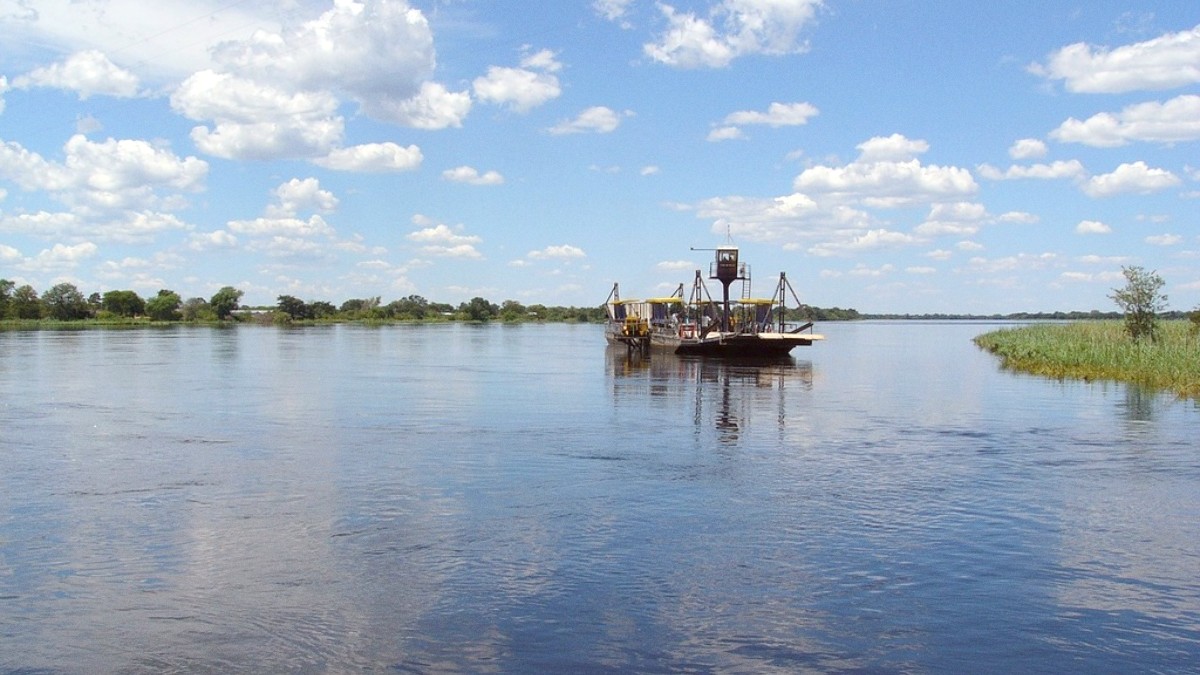
Botswana
In Maun, the gateway town, you will find shared taxis, locally known as "combis" or "minibus taxis." These operate on fixed routes for local residents, providing an affordable way to move around town.
However, these are not typically used by tourists for accessing safari areas or for general sightseeing. They do not reach the remote Delta areas.
Available in Maun. Typically sedans, often with yellow license plates. Hail on street or at designated ranks.
Negotiated fares. Short trips within Maun cost 20-50 BWP. Cash is the preferred payment method.
Applications like Uber or Bolt are not available in Maun or the Okavango Delta region.
Walking is restricted to within secure safari camp perimeters or designated areas in Maun town.
Guided walking safaris are offered by some private concessions, always with armed, professional guides.
No dedicated bicycle infrastructure exists. Cycling is not recommended outside Maun town due to wildlife.
All areas outside controlled camp environments are "no-go" for unguided walking/cycling due to dangerous wildlife.
The Okavango Delta relies on highly specialized transportation methods unique to its environment, focusing on natural interaction and wildlife observation.
Not available in the Okavango Delta. Safari travel in this region is small-group or private.
Not provided. The nature of the destination and safari logistics do not accommodate this.
Generally very limited. Remote camps and light aircraft transfers present challenges.
Within the Okavango Delta, movement is entirely managed by your safari operator and guides. This setup allows you to fully immerse yourself in the experience without logistical concerns.
For convenience in Maun, use licensed taxis for specific destinations. Agree on the fare before starting your journey.